Akbar was proclaimed emperor in February 1556. At that time the Mughal authority in India was in a state of tottering flux. At the time of his death in 1605, he had established a strong empire. This was due not only to his abilities as a military leader but also due to his enlightened religious policy. Born of a Shia mother and Sunni father under the roof of a Rajput ruler, he inherited a spirit of toleration and harmony. When he grew up to manhood, he learnt that the Sultans of Delhi had failed because they did not secure the devotion of their Hindu subjects. The fact that they even failed to win the loyalty of their Muslim subjects by persecuting the Hindus was an eye-opener. He felt it more prudent to conciliate his Hindu subjects and befriend them. To carry out this idea in practice, he was eager to have an authentic knowledge of all faiths. In 1575, he built the Ibadat Khana at Fatehpur Sikri. There on every Thursday evening an assembly was convened to discuss religious questions. The first result of these discussions was the Mahzar (1579), a declaration signed by the leading Muslim theologians in the form of a Batwa which empowered Akbar to issue edicts against the Quran in public interest. This was followed by the promulgation of Din-i-Illahi in 1581-82. Din-i-Illahi is not a religion. It can be termed as Sufi-system of Akbar. It advocated ten important virtues. Toleration was their basis. It was far ahead of its time. The value of this book lies in the way the author has gone fully into the background of Din-i-Illahi and described its impact on the course of Mughal history in most fascinating manner-so fascinating in fact that everyone from the casual reader to the erudite scholar will find it instructive.
The Din-i-Ilahi or the Religion of Akbar
In stock
Free & Quick Delivery Worldwide
reviews
Bibliographic information
Title
The Din-i-Ilahi or the Religion of Akbar
Author
Edition
4th ed.
Publisher
ISBN
8121507774
Length
xxxii+222p., Bibliography; Index; 23cm.
Subjects

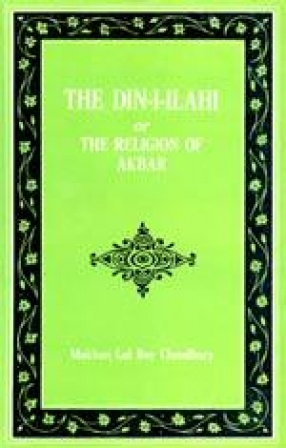

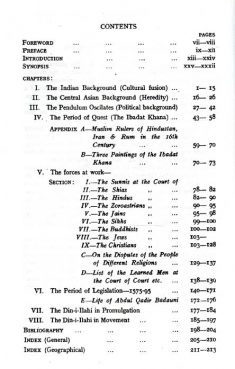
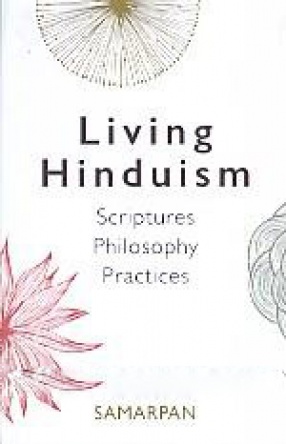
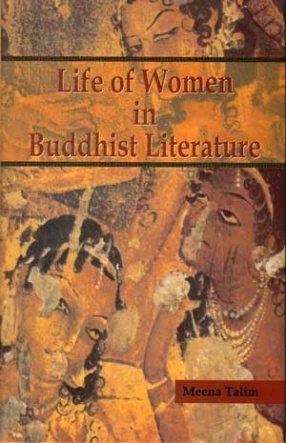
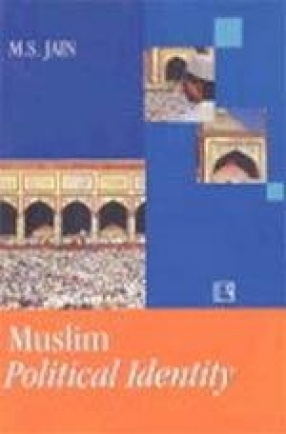
There are no reviews yet.